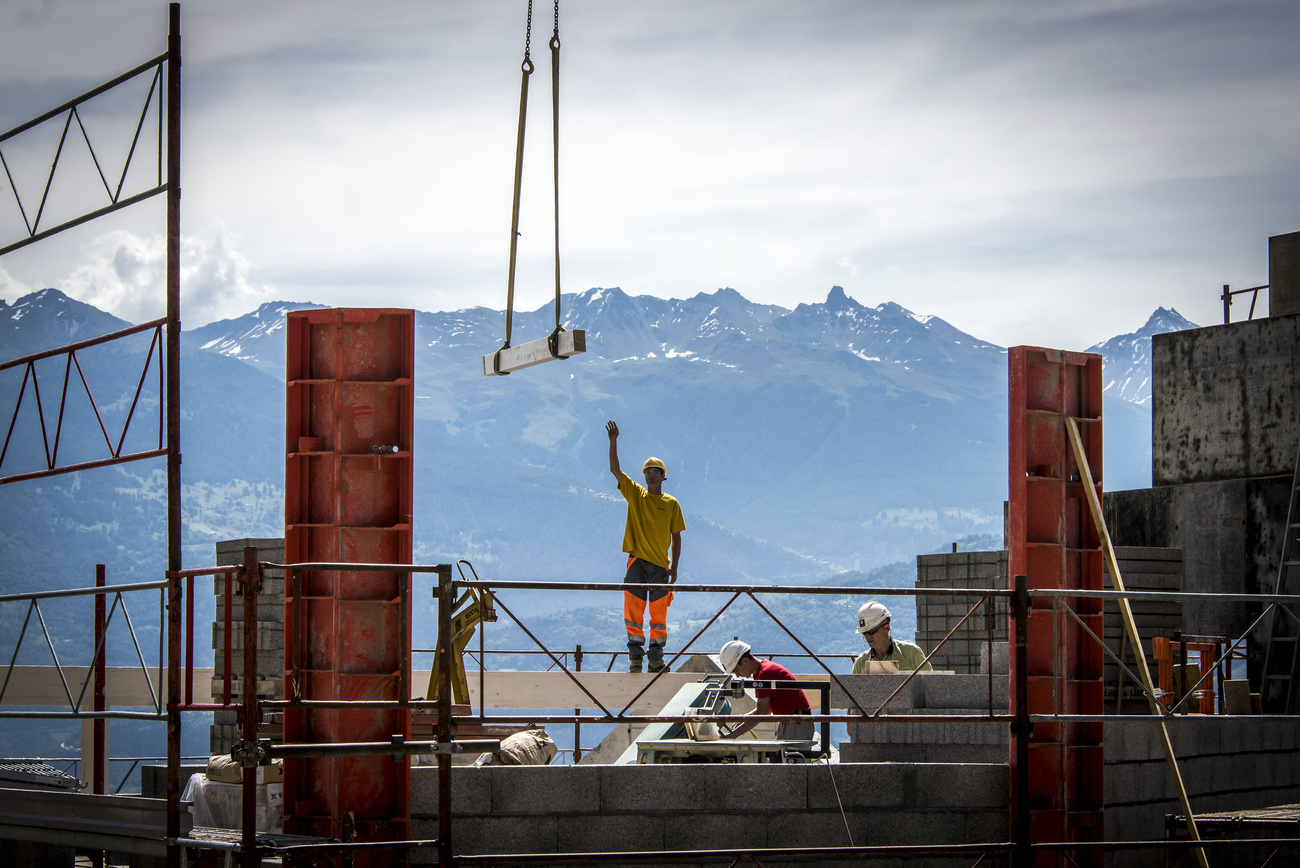What are accompanying measures?

No one is allowed to work cheaply in Switzerland. Employers, trade unions and the state have implemented a wage protection structure, which they jointly monitor. Here the accompanying measures are briefly explained.
The trade unions understand wage protection to mean that the same wage should be paid for the same work in the same place. This is not easy to achieve, because it is basically a socialist idea.
But the economy works capitalistically. It is always looking for opportunities, and it needs competition to constantly renew itself. Socialist goals in a capitalist environment lead to a constant tug-of-war: business associations and trade unions negotiate collective labour agreements. They define minimum wages and other conditions.
Swiss wage protection
Once the social partners have defined these, the Swiss state can declare the results universally binding. This system is therefore based on cooperation between the social partners.
But this, too, needs regulating. As with road traffic, three elements are required: rules are needed; compliance has to be monitored; if the rules are violated, sanctions are needed.
What are postings?
In the case of Switzerland, the rules are laid down in the Workers’ Posting Act, also called the Federal Act on Accompanying Measures. “Posting” describes work that is carried out beyond a national border. This is not to be confused with cross-border commuters who work in Switzerland. Posted workers have employment contracts with companies in the EU which send them to another country.
Why accompanying measures?
Switzerland draws the most posted workers in Europe, with the exception of Luxembourg. This is not only because there are well-paid, attractive jobs. Switzerland’s language mix is also a factor. Some 220 million EU citizens can work in their own language in Switzerland. But in reality the employment share of expatriates in the Swiss economy is modest, at 0.2%.
What are the Swiss rules?
An Italian plastering company can send its employees to Switzerland at any time, but for only 90 working days a year. To do so, it must notify the Swiss authorities of their work in Switzerland eight days in advance. This allows the authorities to check that everything is done correctly. The company must also pay Swiss minimum wages and comply with the general conditions that apply in Switzerland, for example with regard to accommodation.
How is this monitored?
Inspections can take place at any time and the inspectors’ powers are comprehensive: they are permitted to view all documents, construction sites and operations. The inspectors are paid 50% by the federal government, 50% by trade unions.
All these elements are together known as “accompanying measures”, because they protectively accompany the opening of the Swiss economy to Europe.
What is special about Switzerland?
Other countries in Europe also have wage protection measures. Germany and Austria have wage cliffs with neighbours such as Hungary, the Czech Republic and Poland. The difference in the Swiss system, however, lies in its implementation.
In particular, the Swiss system differs from the European one in how it is it monitored and how sanctions are imposed.
In Switzerland, the rules are supervised by so-called tripartite commissions, that is, by three parties: employers, trade unions and government authorities. The three parties can together declare collective agreements to be universally binding and guarantee their validity.
However, the state leaves the negotiations to the professionals, so to speak – to labour and capital, which operate on an equal footing. The state only joins as a third party in order to establish a binding commitment.
The state remains on the sidelines
There is also a Swiss peculiarity when it comes to sanctions: contractual penalties. Here, too, the Swiss approach does not involve state intervention, so no court is involved. A contracting party pays a contractual penalty in the event of a violation. The state stands aside.
One more aspect is that Switzerland relies on security deposits. These are precautionary guarantee deposits that companies must pay when crossing the border. They act as a deterrent and ensure fines – which are severe – can be collected. Anyone who systematically violates the regulations will be fined up to CHF1 million ($1.1 million).

In compliance with the JTI standards
More: SWI swissinfo.ch certified by the Journalism Trust Initiative









You can find an overview of ongoing debates with our journalists here . Please join us!
If you want to start a conversation about a topic raised in this article or want to report factual errors, email us at english@swissinfo.ch.